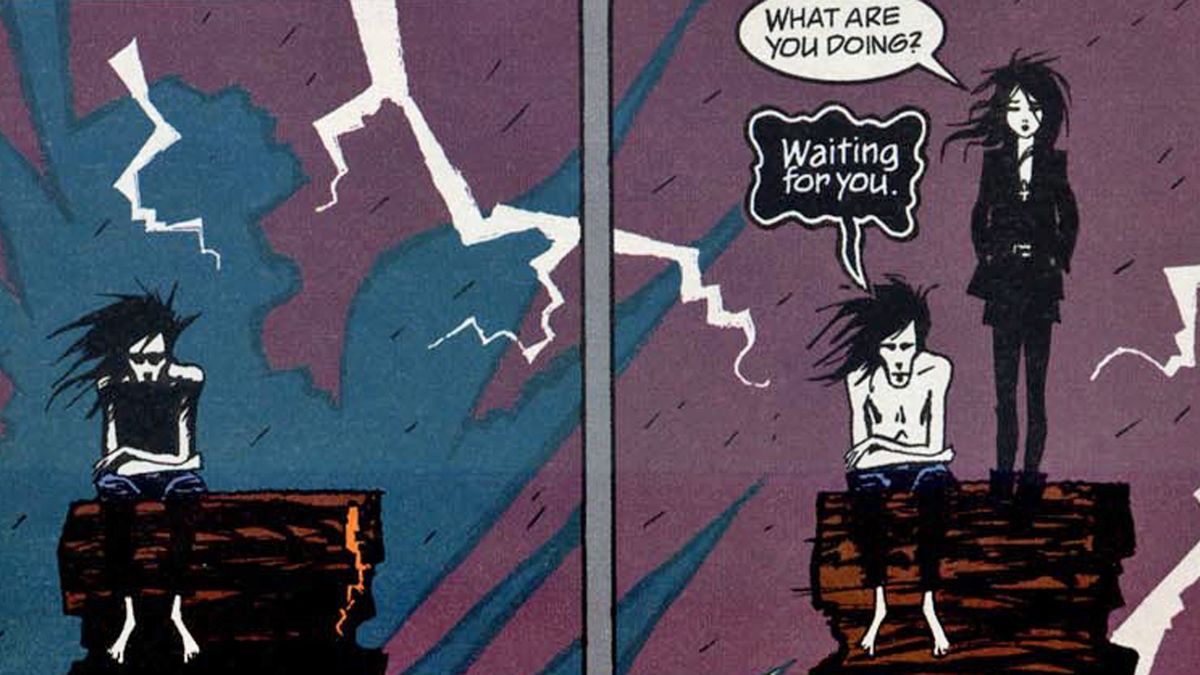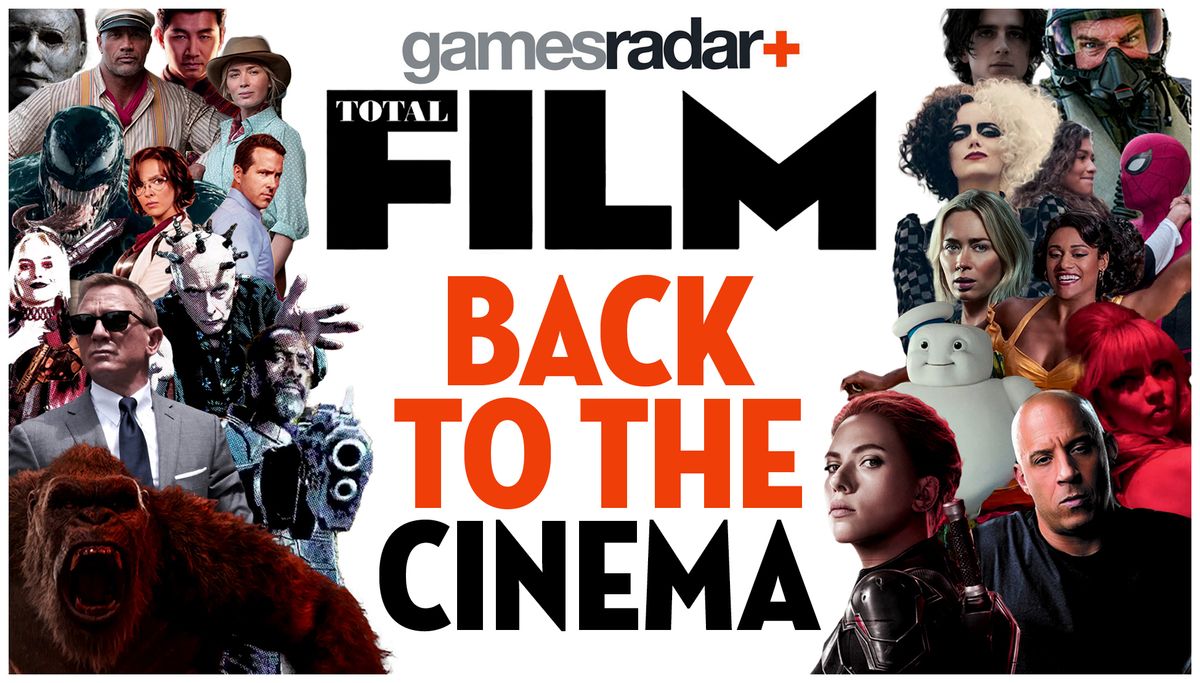
For the sake of journalistic integrity, I recently spent five hours listening to a random selection of filmmakers discussing their work through the medium of commentary, an experience so boring I honestly thought I’d died.
It was only William Friedkin’s ear-bleedingly obvious pronouncements (“Father Merrin… he is an exorcist”) during The Exorcist (The Version We Can’t Believe You Bought) that kept my pulse moving at all.
Debuting on the King Kong (1933) laserdisc released in 1984 and becoming ubiquitous in the days when interactive menus were still considered pretty spiffy, commentaries have two main flaws: 1) they’re terrible and 2) they’re a terrible idea.
There are four types.
The first, as evinced by Friedkin’s say-what-you-see flannel, turns classic films into terrible monologues by someone who can’t act.
The second, accompanying most sci-fi efforts, turns cinematic gold to making-of lead. “The Brooklyn Bridge footage actually is the Brooklyn Bridge,” explains Cloverfield ’s Matt Reeves as if commentating on a snooker match.
Livelier, but just as useless, is the likes of Superbad , in which the filmmakers enjoy a party to which the listener is only sporadically invited ( EuroTrip ’s alumni play a drinking game during theirs – you should probably do the same).
Last, and least, are the tracks in which everything is so awesome the speakers may as well just tug each other off. “How was that done?” marvels Johnny Depp on the Pirates track. “It’s a completely synthetic stock shot!” explains the ridiculously OTT Gore Verbinski. “It’s beautiful,” decides Depp.
Though some (Carpenter, Cronenberg, Aronofsky) are better than others, commentaries are antithetical to the cause of cinema.
Spielberg, Lynch and Allen won’t do them (“I want my films to speak for themselves. And hopefully they do,” explains the latter), and they know a smidgen more about film appreciation than most.
Even those who partake seem unconvinced. “These things are bullshit,” says Will Ferrell during the Anchorman track. “Does anyone even listen to them?”
While films represent years of careful birthing, commentaries represent a case of verbal squits.
It’s a format that ignores the deaf, the foreign and filmmakers whose talents are non-verbal ( The Road ’s John Hillcoat has a voice so dull he could hypnotise bears); one designed not to complement but to obliterate.
Why don’t DVD makers use the material for unintrusive text commentaries (à la Die Hard ) or separate documentaries?
Ghostbusters has a filmed commentary, for all those watching the film and wishing they could see a static doc about it at THE SAME TIME.
Movies require our complete attention, and replacing their second most important aspect (sound) with bad radio just doesn’t work. It’s like reading a rubbish book about plays at the theatre or receiving a pedantic telegram while playing computer games.
Besides, the cardinal rule of cinema is no talking.
If someone talks through a film, that’s it – end of, money back – even if it is the director. Or is it just me?
VOICES OF REASON
Matthew Leyland
I say bring on the ropey chat tracks. Bottom line is, if you don’t like it, switch it off. Or in this case, don’t switch on in the first place…
Jane Crowther
I like to listen to the mundanity of chat tracks, it often seems more truthful than the garbage trotted out at junkets and for that creepy Inside The Actors Studio .
Sam Ashurst
Commentaries can be a school for aspiring filmmakers, a comedy masterclass (check Arnie’s Conan track) or a sleep aid for insomniacs (I put on the Attack Of The Clones VFX audio commentary for this). Also, they’re not compulsory!
 Game News Video Games Reviews & News
Game News Video Games Reviews & News



